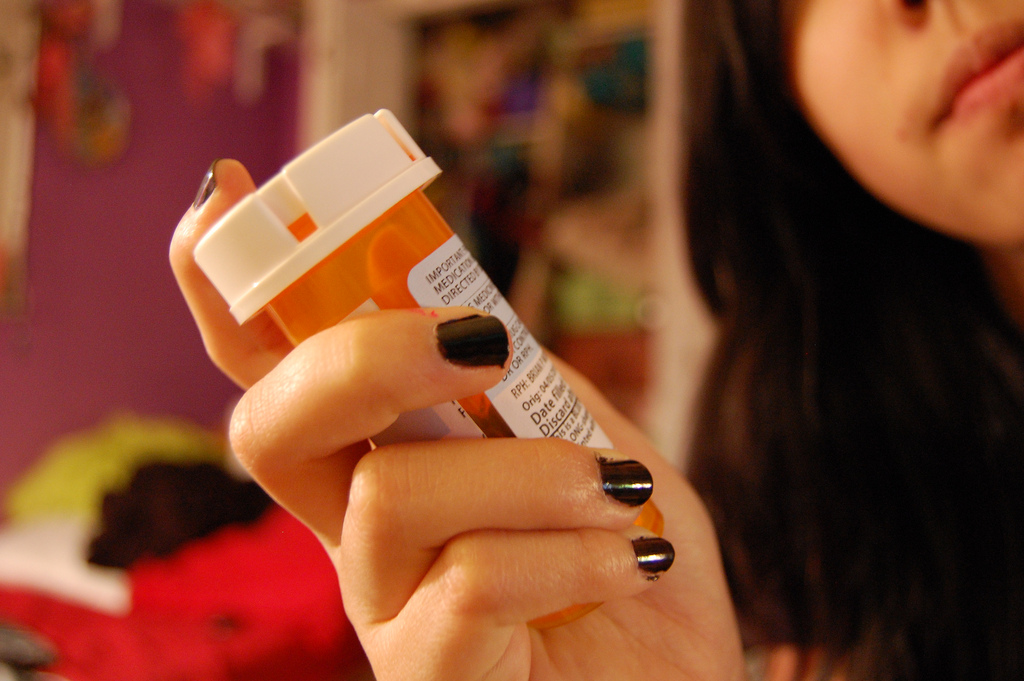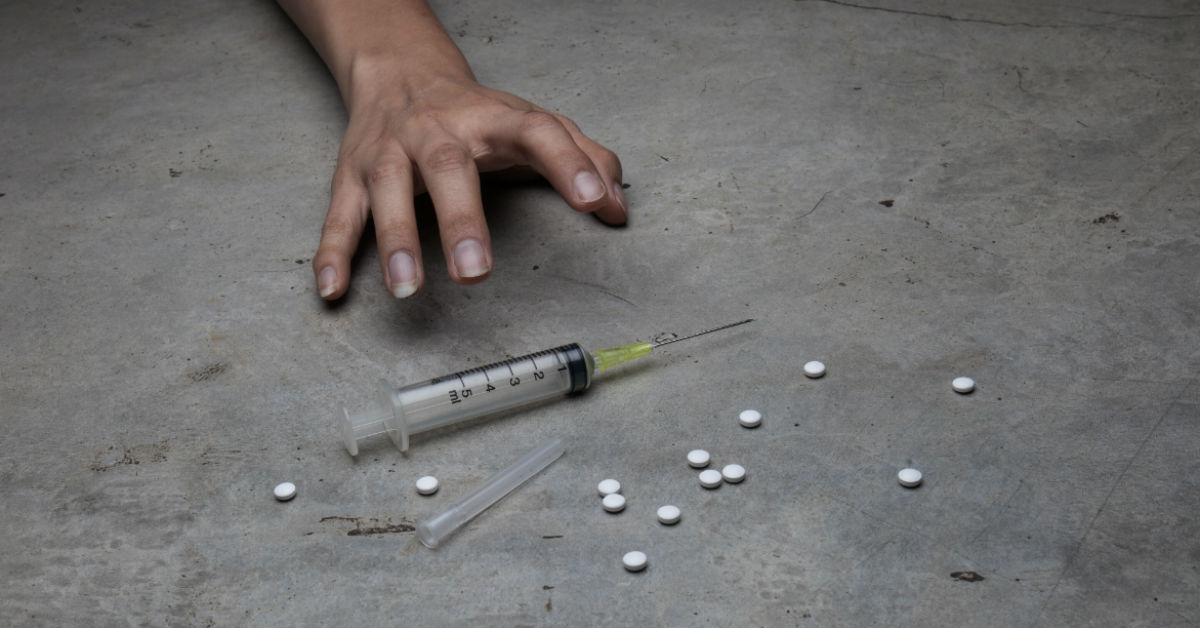Considering how big a change it is for your teen to attend a new public school, sending them to a private therapeutic boarding school for troubled teens requires a truly significant adjustment.
Because it involves time away from home, considerable financial investment and the very real work of personal and family transformation, it’s not a step to be taken lightly. If your son’s issues, behavior, and attitude are threatening to capsize his future, however, it may be the best course of action.
Are You Worried For Your Teenage Son’s Safety?
If your child is struggling with mental or emotional issues, having them see a therapist is an important start. You may be in over your head, however, if your teen is still showing signs of:
- Aggression or potential violence
- Alcohol or drug abuse
- An eating disorder
- Risky sexual behavior
- Running away
- Self-harm like cutting
- Suicidal ideation
If you’re constantly worried about your son’s wellbeing, it may be time to consider enrolling him in a therapeutic boarding school for troubled teens. The therapeutic boarding schools in Utah have some of the most stringently regulated programs in the country.
One such school, Sundance Canyon Academy, provides a safe harbor where troubled teen boys can receive the supervision and counseling they need to thrive. This includes 90 minutes of individual therapy per week, daily group therapy and weekly family therapy sessions. Students can also gain perspective through experiential activities like outdoor recreation and service projects.
Is Poor Academic Performance Threatening Your Child’s Future?
Often, the first sign a teen is in crisis is slipping grades. How you deal with the problem depends on the cause.
If your son’s struggling with a certain subject, the problem can be addressed via tutoring. If his low marks stem from an attention deficit disorder, he may be helped by school accommodations, medication, and coaching aimed at improving focus and executive functions. If your teen’s grades are tanking because he’s skipping homework or ditching classes, however, these issues require behavioral and attitudinal changes.
A downward scholastic spiral can put your child’s ability to graduate at risk and limit their post-high school options. So if your son continues to fail, you may want to consider sending him to a private boarding school for troubled teens.
At Sundance Academy Canyon, we work to help teens repair their grades, catch up on lost learning and credits and envision a bright future. This includes providing boys guidance as they explore possible career paths and apply for college.
Is Your Son’s Peer Group a Bad Influence?
It’s hard for anyone to move forward in life–discarding habits and thought patterns that no longer serve them–if they’re hanging out with the wrong people. One way to gauge whether your son’s friends are a bad influence is if his negative behaviors started or escalated once he started associating with that peer group.
Friends who can hold your son back include those who are:
- Abusing drugs or alcohol
- Academically unmotivated
- Involved in a gang
- Prone to fighting or bullying
Sending your son to a therapeutic boarding school may be the best way to remove him from a toxic environment while he learns to develop more positive relationships.
Is Your Teen Making Progress At Home?
Most parents would prefer to have their child recover from the issues plaguing them at home rather than sending them elsewhere. Chances are, you’ve already strived to address your son’s challenges by:
- Sending him to a therapist and/or psychiatrist
- Having school conferences
- Worked on developing better parenting skills
Such measures are often enough to get a teen through a rough patch. You may opt to keep your child at his current school if you’re seeing progress in his attitude and behavior. Make sure this view is confirmed by other people with a stake in your teen’s success, like his therapist, teachers, and school administration. You can also look for objective signs of progress, like:
- Better communication, and less fighting, with family
- Healthier friendships
- Higher grades
- Improved regulation of emotions and behavior
- Less rule-breaking
If your teen’s getting better, it may be best to let him heal at home. Make sure, however, to stay vigilant. Don’t prematurely end methods that have helped, like therapy.
At Sundance Canyon Academy, we help troubled teen boys move past their struggles and onto a bright future. We offer immersive therapy and an accredited educational program while imparting life skills and positive coping mechanisms. Contact us today to talk to one of our program advisors.











0 Comments